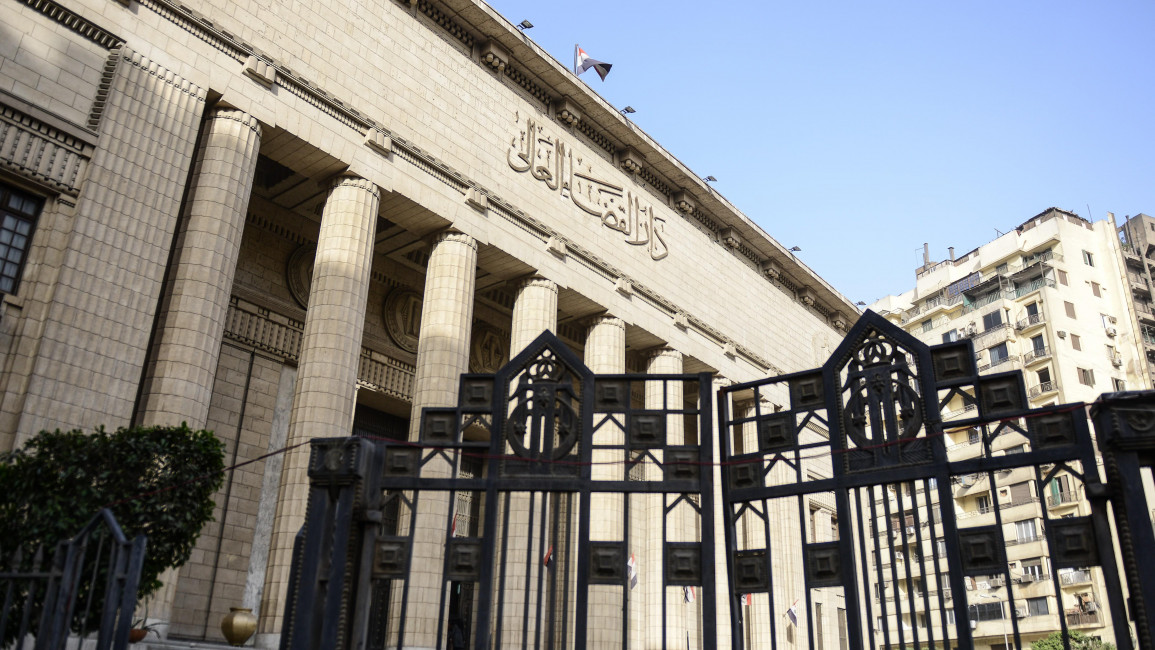Egypt extends detention of three Al Jazeera journalists despite health concerns
Egypt’s State Security Prosecution has decided to extend the prison term of three Al Jazeera journalists for 45 days, despite reports that one is suffering serious health problems.
Rabee Al-Shaykh, Bahaa Al-Deen Ibrahim and Hisham Abdelaziz will remain in detention pending investigations, the court said.
Abdelaziz’s health is said to be deteriorating and there are fears he could lose his eyesight. He has been in pre-trial detention for more than 900 days, far longer than legally permitted.
Abdelaziz was arrested during a family visit to Egypt in June 2019.
Bahaa al-Deen and Rabee Al-Shaykh, both producers at the Qatar-based news network, were arrested in December 2018 and August 2021 respectively upon arrival at Egypt.
Before Al-Shaykh's arrest, Egyptian security leaked an audio clip of him speaking to the former editor-in-chief of Al-Ahram newspaper, Abdel Nasser Salama.
In the recording, Al-Shaykh could be heard inviting Salama to speak in a live interview about the Renaissance Dam, which has been a point of bitter dispute between Egypt and Ethiopia for years.
Egypt is known to be one of the world's most repressive environments for journalists, with President Abdel Fattah Al-Sisi’s regime having stifled criticism using arrests, torture, and laws criminalising dissent.
In February last year, Egyptian authorities released Al Jazeera journalist Mahmoud Hussein after more than four years in detention without trial. In 2013, three journalists were arrested for spreading "fake news" – Peter Greste, Mohamed Fahmy, and Baher Mohamed.
Al Jazeera began broadcasting from Egypt again in August last year, after being raided and shut down in 2013 in the wake of Sisi's coup against the country's first democratically elected leader, Mohammed Morsi.



